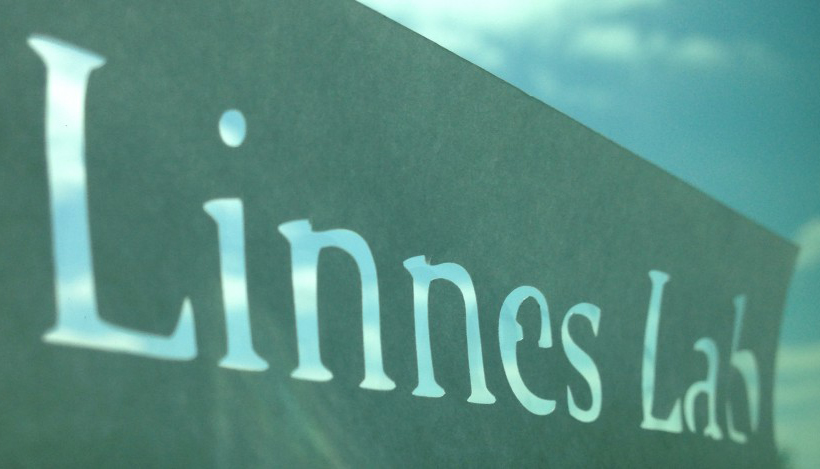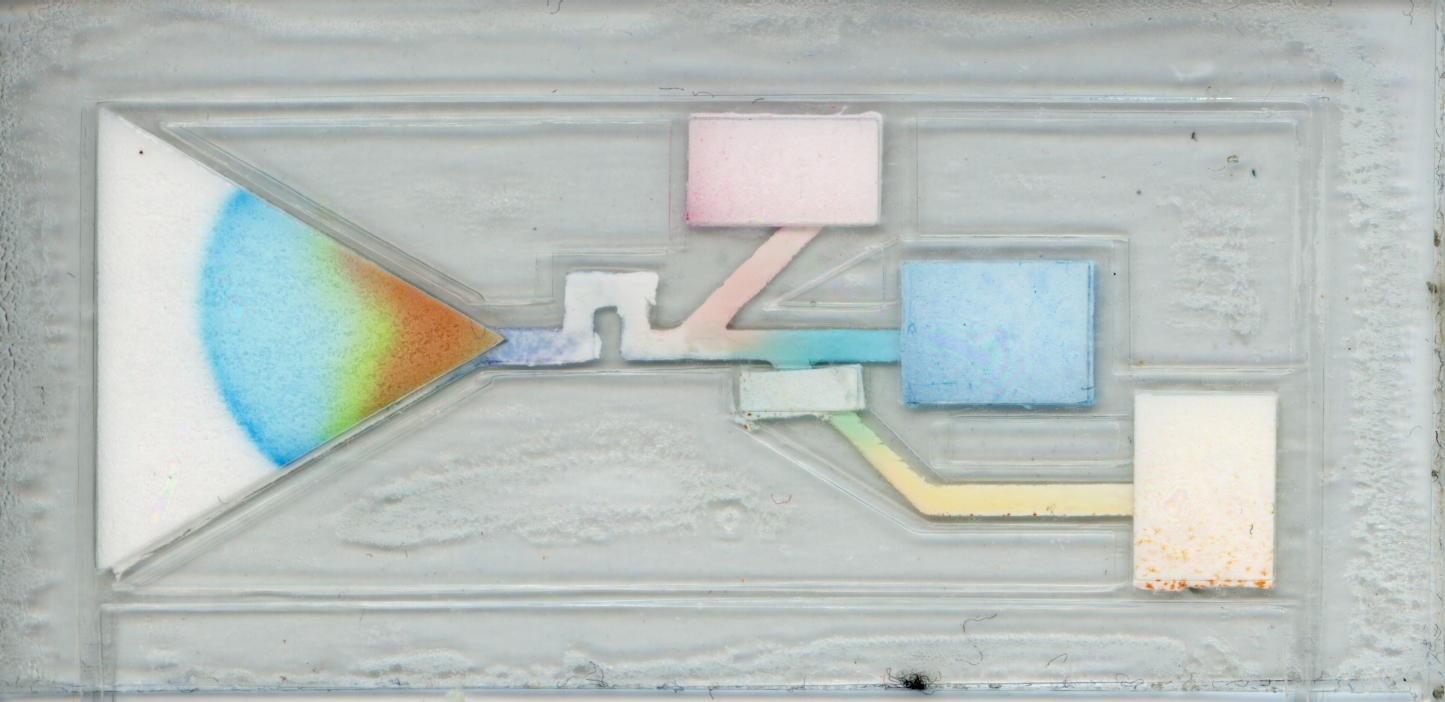Postdoc Dr. Jay Lee has accepted a new position in the Purdue College of Engineering Honors Program as a lecturer.
Congratulations to Sayeh for winning a Purdue Engineering TRACER grant!
Dr. Linnes is headed to sunny Florida to speak at the University of Florida Emerging Pathogen Institute seminar series this week.
Follow up - it wasn't sunny. But the people were Amazing!
The Linnes Lab at Purdue University
The Linnes Lab is driven by the pressing need for real-time detection technologies to prevent, diagnose, and better understand the pathogenesis of diseases. We focus on non-invasive sample collection, microfluidic sample preparation, and automated detection of biomolecules to efficiently diagnose and monitor both infectious and non-communicable diseases at the point of care. Applications of this work range from global health to biodefense to personalized medicine.
We believe that engineers are simply impatient scientists: refusing to wait for the world to unravel its mysteries and instead prying open the locks to see what’s inside and applying quantitative techniques recreate these wonders ourselves. By cultivating curiosity, creativity, and resourceful engineering, we are using fundamental science to develop inspired solutions to difficult diagnostic challenges with immediate health applications. These technologies are tested against rigorous scientific standards with real biological samples and in actual use settings.
We are acutely aware that clever technology alone will not solve a single health problem unless it is translated out of the lab and into the real world. Thus, our devices are co-developed with end-users throughout the world via a human-centered design framework to ensure that these technologies are robust and accessible to the clinicians, technicians, and patients who need them.
As a lab in the Weldon School of Biomedical Engineering at Purdue University, we are part of the Global Engineering Program's Shah Family Global Innovation Lab, the Regenstreif Center for Healthcare Engineering (RCHE), the Scalable Manufacturing of Aware and Responsive Thin Films (SMART Films), the Purdue Insititue of Inflammation, Immunology, and Infectious Disease (Pi4D), and the Center for Health Equity and Innovation (CHEqI)




